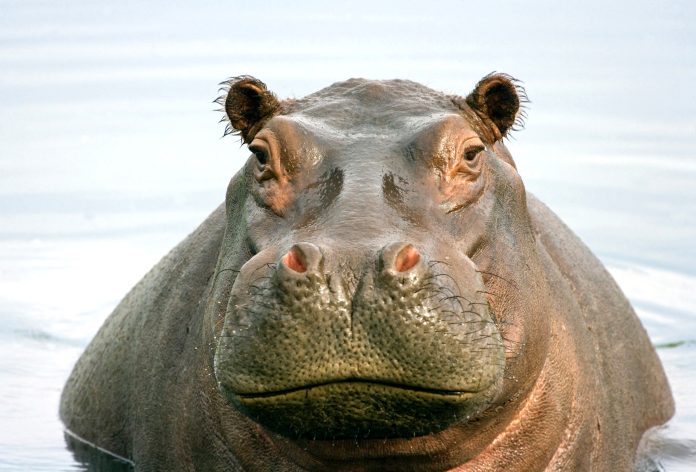
Hippos Move One Step Closer To Endangered Species Act Protections; 3,081 Hippos Have Been Killed To Fuel The “Legal” U.S. Trade
You can help all animals and our planet by choosing compassion on your plate and in your glass. #GoVeg

You can help all animals and our planet by choosing compassion on your plate and in your glass. #GoVeg